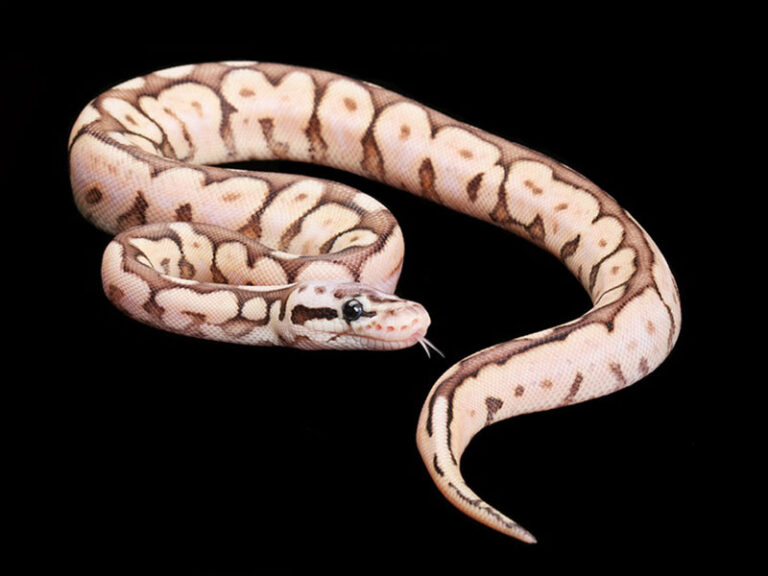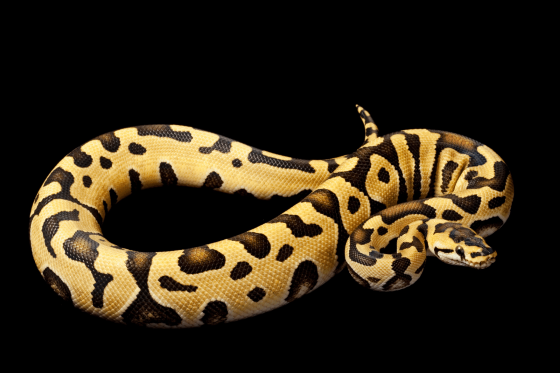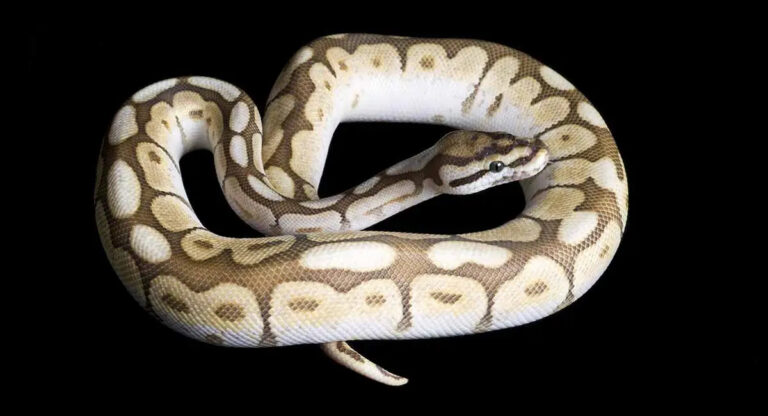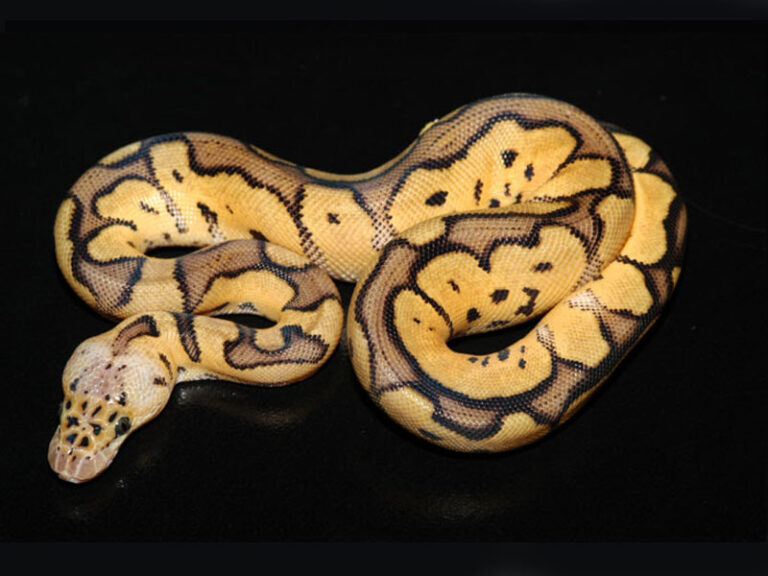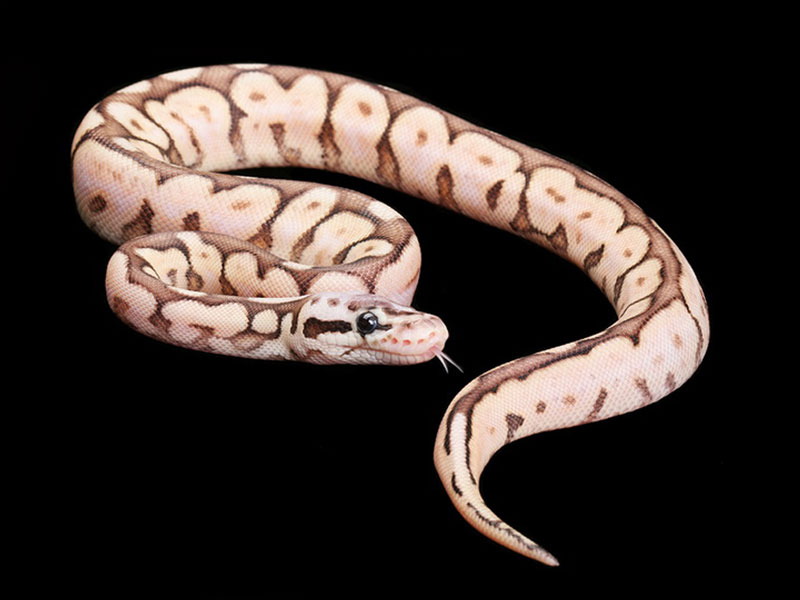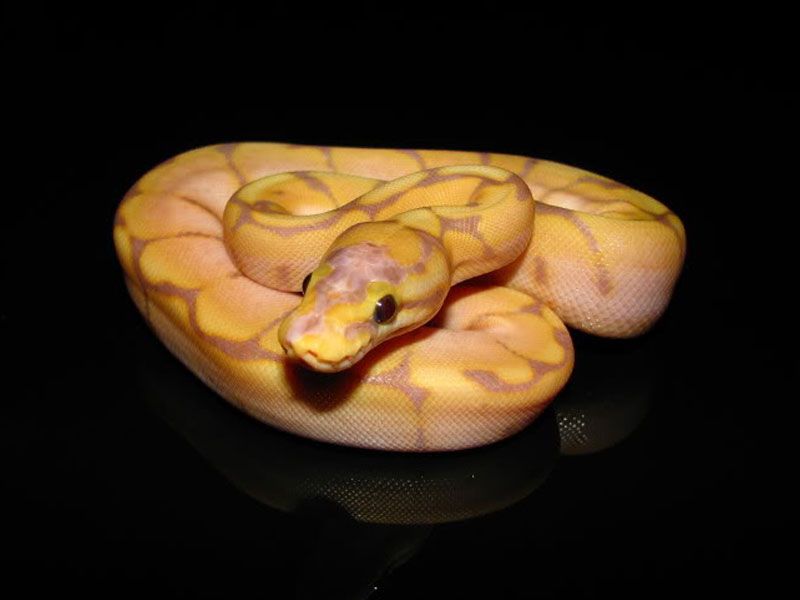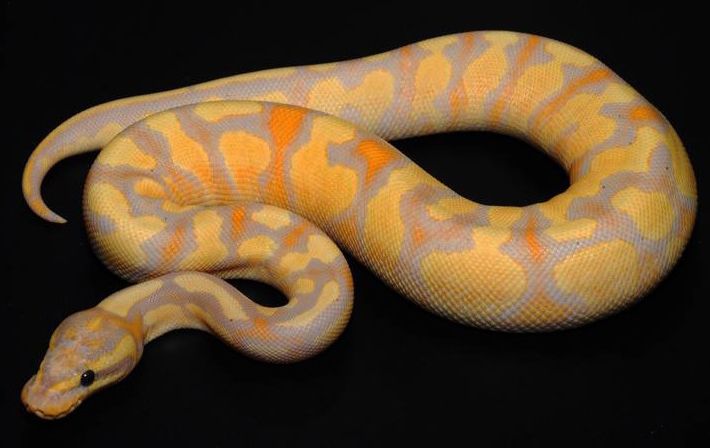If you’re a ball python owner, you’ve likely faced the frustrating moment when your pet refuses to eat. Don’t worry – you’re not alone. Ball pythons are known for being picky eaters, and it’s one of the most common concerns for snake keepers. In this post, we’ll explore the reasons why ball pythons stop eating and share some simple tips to get them back on track.
Why Do Ball Pythons Stop Eating?
Ball pythons might refuse food for several reasons. Let’s take a closer look at some of the most common causes:
1. Shedding Cycle
When a ball python is getting ready to shed, it often stops eating. This is perfectly normal. During this time, their eyes may look cloudy or bluish, and their skin may appear dull. Once the shedding process is complete, they typically resume eating.
2. Stress
Ball pythons are sensitive to changes in their environment. Moving to a new enclosure, too much handling, or loud noises can make them stressed. A stressed snake often loses its appetite.
3. Incorrect Temperature or Humidity
Ball pythons are cold-blooded animals, so they rely on their environment to regulate their body temperature. If the enclosure is too cold or too hot, or if the humidity is too low, they might refuse to eat. A temperature gradient (warm side at 80-85°F and a basking spot around 90°F) and humidity levels of 50-60% are ideal.
4. Wrong Prey Size
If the prey is too big or too small, your snake might refuse it. Ball pythons prefer prey that is about the same size as the thickest part of their body.
5. Illness
If your ball python hasn’t eaten for an extended period and shows signs of lethargy, unusual behavior, or weight loss, it could be sick. Common health issues include respiratory infections or parasites. A visit to a reptile vet is a must in such cases.
6. Breeding Season
Male ball pythons often stop eating during the breeding season because their focus shifts to finding a mate. This is a natural behavior and usually nothing to worry about.
How to Get Your Ball Python to Eat
Now that you know some of the reasons why ball pythons stop eating, let’s discuss how to fix it:
1. Create a Stress-Free Environment
Ensure your snake’s enclosure is in a quiet, low-traffic area of your home. Avoid handling them too much, especially if they’re already stressed.
2. Check Temperature and Humidity
Use a digital thermometer and hygrometer to monitor the enclosure’s temperature and humidity. Adjust as needed using heating pads, ceramic heat emitters, or misting.
3. Offer the Right Prey
Make sure the prey is the right size. If your snake still refuses, try offering frozen-thawed prey instead of live prey or vice versa. Warm the prey slightly to mimic the temperature of a live animal.
4. Wait It Out
Sometimes, patience is key. If your ball python is healthy and just being stubborn, give it a week or two before trying to feed again. Offering food too often can stress them out.
5. Try Feeding at Night
Ball pythons are nocturnal hunters, so they’re more likely to eat during the evening or at night. Turn off the lights and keep the room quiet during feeding time.
6. Experiment with Different Prey
If your ball python consistently refuses one type of prey, try offering a different kind. Some ball pythons prefer mice over rats or vice versa. You could also try different colors of prey (e.g., white vs. brown).
7. Consult a Vet
If none of these methods work and your snake hasn’t eaten for a long time, seek help from a reptile vet. They can rule out any underlying health issues.
Preventing Feeding Issues
While it’s not always possible to prevent your ball python from refusing food, there are steps you can take to minimize the chances:
- Stick to a Routine: Feed your snake on a consistent schedule.
- Handle with Care: Avoid handling your snake for 48 hours before and after feeding.
- Provide Hiding Spots: Ball pythons feel more secure when they have places to hide in their enclosure.
- Monitor Their Weight: Regularly weigh your snake to ensure they’re maintaining a healthy weight.
More on Avoiding Feeding Mistakes
For more tips on feeding your ball python, check out our detailed guide on Top Feeding Mistakes Every Ball Python Owner Must Avoid. Avoiding these common mistakes can help you keep your snake healthy and happy.
Final Thoughts
It’s natural to feel worried when your ball python stops eating, but understanding the reasons behind this behavior can help you take the right steps. Remember to stay patient and provide a safe, comfortable environment for your snake. With time and proper care, most ball pythons will get back to their regular eating habits. If you’re ever in doubt, don’t hesitate to reach out to a reptile expert or vet.
Taking care of a ball python can be a rewarding experience, and every challenge you face helps you become a better snake owner. Keep learning, stay observant, and enjoy your journey with your slithery friend!


